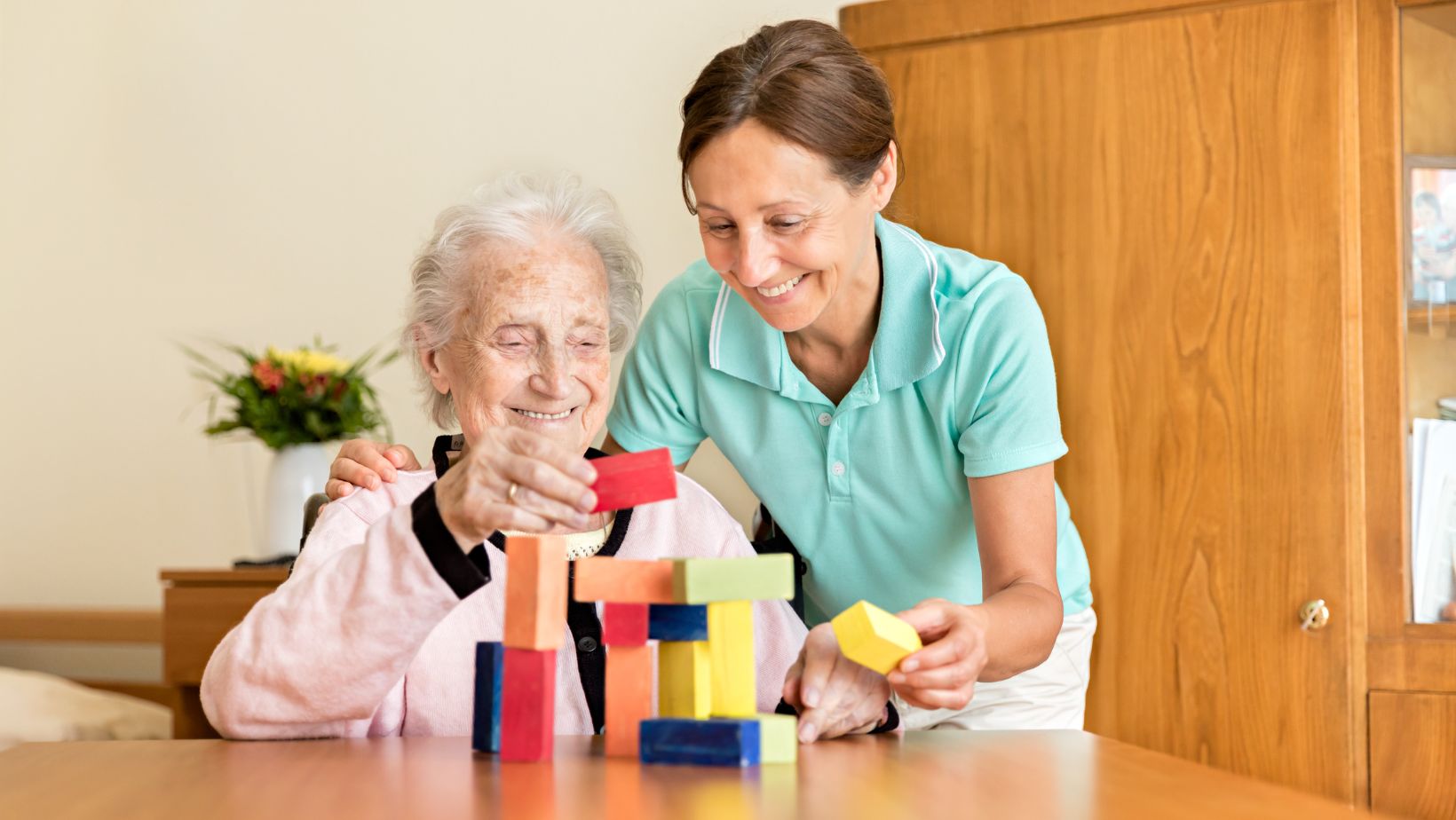
Dementia is a health problem that gradually worsens and affects numerous individuals around the world. It alters memory function, thought processes, and the ability to perform daily tasks. As the number of individuals with dementia increases, our communities need to improve in making them feel welcome and supporting both them and their caregivers. Our goal is to create communities that are friendly toward people with dementia by helping others learn about it and embrace those who have this condition. The access to them must be simple. We will examine the key sections of these communities and their significance in improving life for individuals with dementia.
Education and Awareness
A key part of making communities friendly for people with dementia is to teach and raise awareness. When more people in the community, including shops and groups, learn about dementia, it helps to lessen wrong beliefs and negative attitudes towards those with the condition. Initiatives for education can have workshops, training programs, and campaigns to make people more aware of dementia, its signs, and ways to treat those who have dementia with respect and support.
Accessible Services and Infrastructure
Communities that are friendly to people with dementia focus on making sure everything is accessible and includes everyone. They work to guarantee that places like parks, buses and trains, shops, and medical centers are built in a way that meets the requirements of those who have dementia. Signs and directions can be made simpler and better to help people with cognitive challenges find their way.
Also, public travel choices might provide special support for people with dementia and the ones taking care of them so they can move around the community safely on their own.
Community Engagement and Social Inclusion
People with dementia and their caregivers often face the problem of being socially isolated. Communities that understand dementia try to encourage these people to join in by having social events, groups for support, and fun activities designed especially for what they like and need. These programs create chances for significant social exchange, bonding with others, and getting support from friends. This helps to fight the feeling of being alone and boosts general health.
Caregiver Support Services
People who look after someone with dementia usually have a lot of difficulties and duties. Communities that are supportive of dementia provide many kinds of help and tools to assist these caregivers in managing their role better.
Dementia home care services offer many kinds of help, like helping with daily tasks such as washing, putting on clothes and taking care of personal appearance. Caregivers who know how to take care of people with dementia can also manage medicines, make meals, and do housework to keep those with dementia safe and healthy.

Additionally, services for dementia care at home usually have activities that make the brain work and encourage spending time with others to support people with dementia in keeping their thinking skills, memory, and social relationships. Those who provide care might involve clients in looking back on past experiences, doing puzzles or games, and various tasks meant to activate mental processes and help maintain a healthy mind.
Conclusion
Communities that are friendly to people with dementia are very important because they help these individuals live with respect, freedom, and a better life. They educate people about dementia and make sure services and places can be used easily by everyone. They also encourage social activities so all feel included, train businesses on how to support those affected by dementia, and give assistance to the ones who care for them. This way, persons with dementia can have lives that are rich in purpose. As the number of older people in the world grows and more people get dementia, it becomes very important to have communities that are good for those with dementia. If everyone helps to build places where these individuals feel included and helped, we can really change things positively for them.













